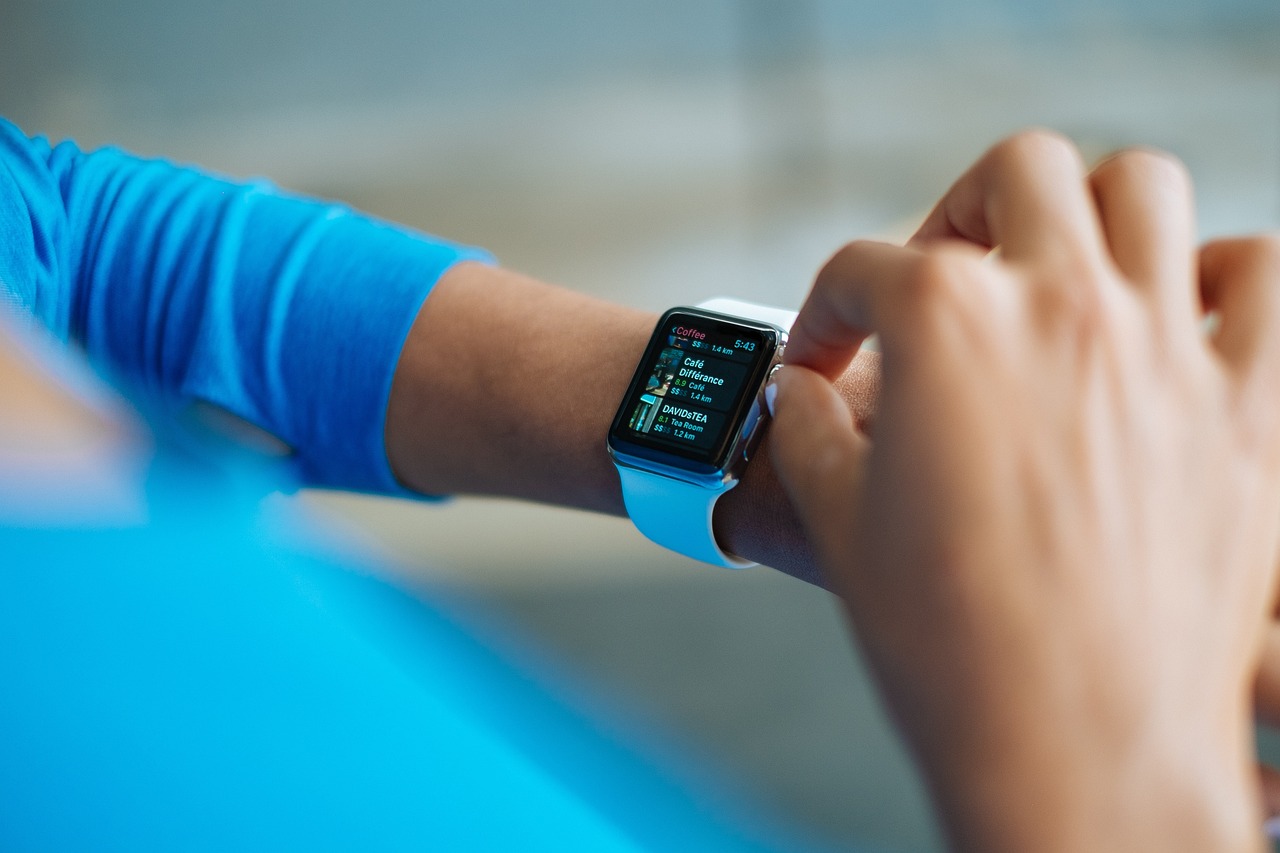Most of you reading this article would have a smartwatch on your wrist. Most show several health and activity trackers like heart rate, oxygen levels, and step count. But the most intriguing is the sleep tracker. It shows how long you have slept (and been awake) along with the different stages of sleep.
Have you ever wondered how your so-called “smartwatch” tracks your sleep? Read on to find out more.
A sound sleep is essential for your overall health. It is as important as diet and exercise. It enhances brain activity and boosts your mood. You have read about the importance of sleep and the major source of sleep destruction in my previous post. Let us move on and understand our sleep tracking from the perspective of our smartwatch.
Before proceeding further, you can look at the different stages of sleep. Deep sleep is extremely important and if you do not have enough of it, you must try to improve your deep sleep for enhanced health. Coming back to our smart watch, it detects our sleep patterns using a simple sensor (or sensors). Each stage of the sleep cycle is detected by a separate sensor.
Your smartwatch can do a lot more than mere sleep hours
They include
1. How well do you sleep: when it comes to sleep, always keep in mind, quality over quantity. It is okay even if you sleep for 6 hours. It should be a deep sleep. You should feel well-rested and fresh when you wake up. That is when you can say you have got good quality sleep. Each time you wake up in the middle of the night (either to hydrate or wake up from a nightmare), your smart watch detects this.
2. How long do you sleep: We need at least 8 hours of rest to feel energetic and refreshed the next day. Your watch can detect how long you have slept. Sleeping for less (like 3 hours) can be detected as a nap by your smartwatch.
3. How long did you sleep in each stage of your sleep cycle: Your watch not just shows the total duration of sleep but also how long you spend in each stage of your sleep cycle. You can check out the different stages of the sleep cycle in my previous post.
How does your smartwatch detect sleep?
Your watch uses different strategies to detect sleep. Most of them have sensors that detect either one of these parameters and thereby help detect the amount of sleep. Let us look at each one of them.
1. Accelerometer- these detect sleep by measuring motion. It assumes that if you move, you are awake and if you do not move, you are asleep. Researchers call this actigraphy, wherein they detect wrist movement and accurately give us the total number of hours we slept.
2. Heart rate and respiration- this is especially useful for detecting REM sleep. Your heart rate lowers during your sleep. So, this helps them detect the duration of your sleep especially REM and deep sleep. The rate of respiration can also tell you about underlying conditions like sleep apnea and snoring.
3. Environmental factors- some watches can detect the amount of light and temperature in your room and indirectly give the amount of sleep. During the REM stage, a person makes some characteristic sound that can be detected by the watch sensors. But, this isn’t very accurate.
4. Lifestyle factors- some trackers might detect the amount of sleep you have had based on some questions like the amount of caffeine and the amount of stress you have. You can check out the effect of caffeine on sleep in my previous post.
Is it safe to wear a smartwatch while sleeping?
Most people are concerned about the effect of radiation coming from the device. These kinds of radiations can also be seen in other devices like TVs, LEDs, and smartphones as well. However, these radiations are low frequency & non-ionizing and are not harmful. It is hence safe to use a smartwatch unless you are sensitive to the light emitted behind the smartwatch (some may have a disturbed sleep cycle due to the light).
How accurate are these sleep detectors?
In other words, “How smart is your smart-watch”? None of these parameters mentioned above detect sleep directly. They just make an estimated guess. Your exact sleep hours can only be identified through a medical sleep study.
Can your watch detect you are sleeping even when you are not (or vice versa)?
Your watch can sometimes give you false positive results. Do not fret that your watch isn’t working or detecting sleep well. It could be attributed to your sedentary lifestyle. If you are watching TV for too long, reading an interesting book, or sitting in the same place for too long, your watch could detect your sleep.
Likewise, your watch may not detect sleep if you are sleeping on a moving vehicle like a bus or a metro.
Your take-home message
Smart-watches make a guesstimate of how long and how well you sleep based on several factors including heart rate and motion. However, one must keep in mind that it is not very accurate. A lot of factors may affect your recording and may end up giving false positive or false negative results. How exactly your watch detects the heart rate or senses motion is still unclear and needs to be researched further. Until then, we may use them to get a basic understanding of our sleep patterns. However, if you are concerned about your sleep patterns, you will need professional help.
Let me know in the comments- how long did you sleep last night?


Great insights, thanks for sharing.